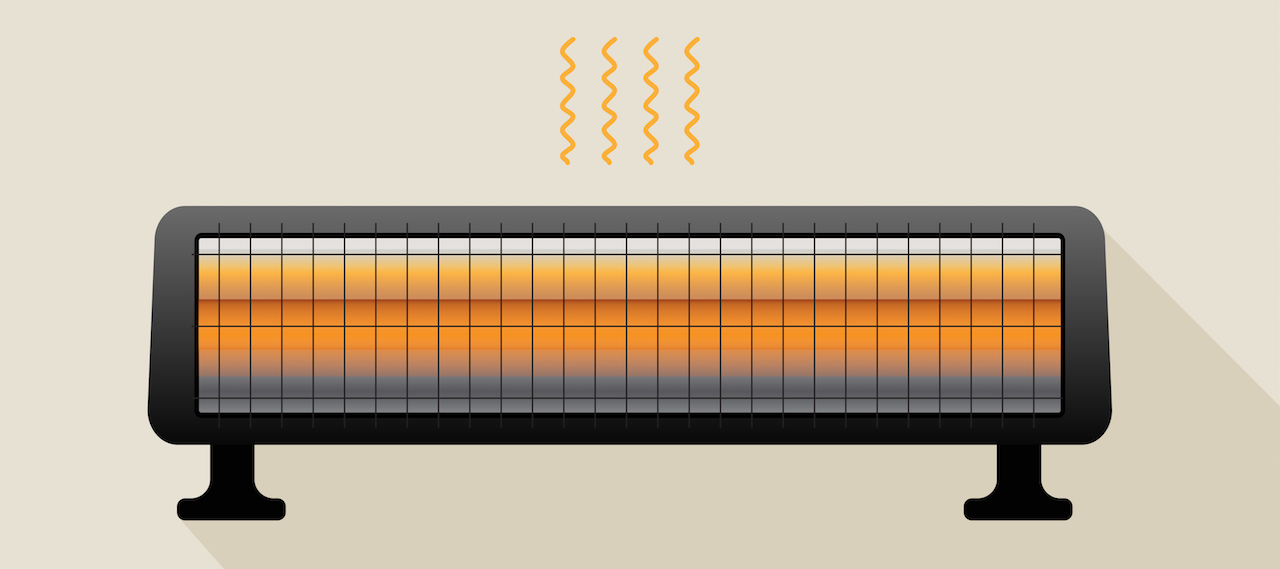Can’t imagine life without your heater? If your winter warmer burns fuel, you may have to, after finding out what it’s doing to your health.
How it affects your breathing
While they can do wonders to beat the chill, heaters that run on petroleum, gas, paraffin, oil, or charcoal can produce carbon monoxide. When breathed in, carbon monoxide takes the space of oxygen in the blood. This means that less oxygen is delivered to the heart, brain and other vital organs. Without enough oxygen, you could lose consciousness and eventually suffocate.
If you are exposed to carbon monoxide for a very long time, your have a higher risk for respiratory diseases and damage to your brain and heart. What makes carbon monoxide even more dangerous is that you can’t see, smell or taste it. By the time you notice something’s wrong, it may be too late.
Coal heaters are a major concern in SA. Many households have access to electricity, but choose to use coal because it costs less. While coal may heat your home, it is also one of the top sources of air pollution. According to a study in the Journal of Energy in Southern Africa, as many as 2 000 children die each year because of respiratory infections caused by air pollution. Coal can also irritate your eyes, nose and throat, and aggravate illnesses like TB and asthma.
Risk of injury
Heaters also carry a high risk of fire and injury. Every year, millions of South Africans die in house fires caused by accidents involving heating devices.
Heaters, especially those enclosed in a non-metallic case, become extremely hot if left on for long periods of time. If they are touched by accident, they can cause severe burns. Children and pets are most at risk for this.
So, are electric heaters better than coal, when it comes to fire-hazards? Unfortunately not: they use a lot of electricity and can easily overload circuits. An overloaded circuit can cause power failures, faults and even fire. Electric heaters can also cause accidental electrical shock from faulty wiring, incorrect use, or defects in the manufacturing process.
Warm up safely
- Keep the heater at a reasonable temperature so you don’t overheat the room. Read the user manual and follow the instructions.
- Never leave your heater unattended. Always switch it off when you go out, and unplug it! Store it when it’s not in use.
- Never put anything on top of the heater, even when it’s switched off.
- Install the heater out of reach of children and pets.
- Place it on a flat, level surface, never on a cabinet, table or carpet!
- Plug it directly into a wall outlet. Don’t use extension cords or multi-plugs, which could overheat and start a fire.
- Make sure there’s nothing that can catch alight within one metre of the heater. In the case of a fireplace, put up a screen to prevent sparks from setting anything on fire.
- Put a bowl of water in the corner of your room while using the heater. This will help keep the moisture levels in the air in check.
- Open the doors and windows to get fresh air circulating. This will help get rid of pollutants and clean the room naturally.
- Dress appropriately. Don’t depend on the heater to keep out the cold.

